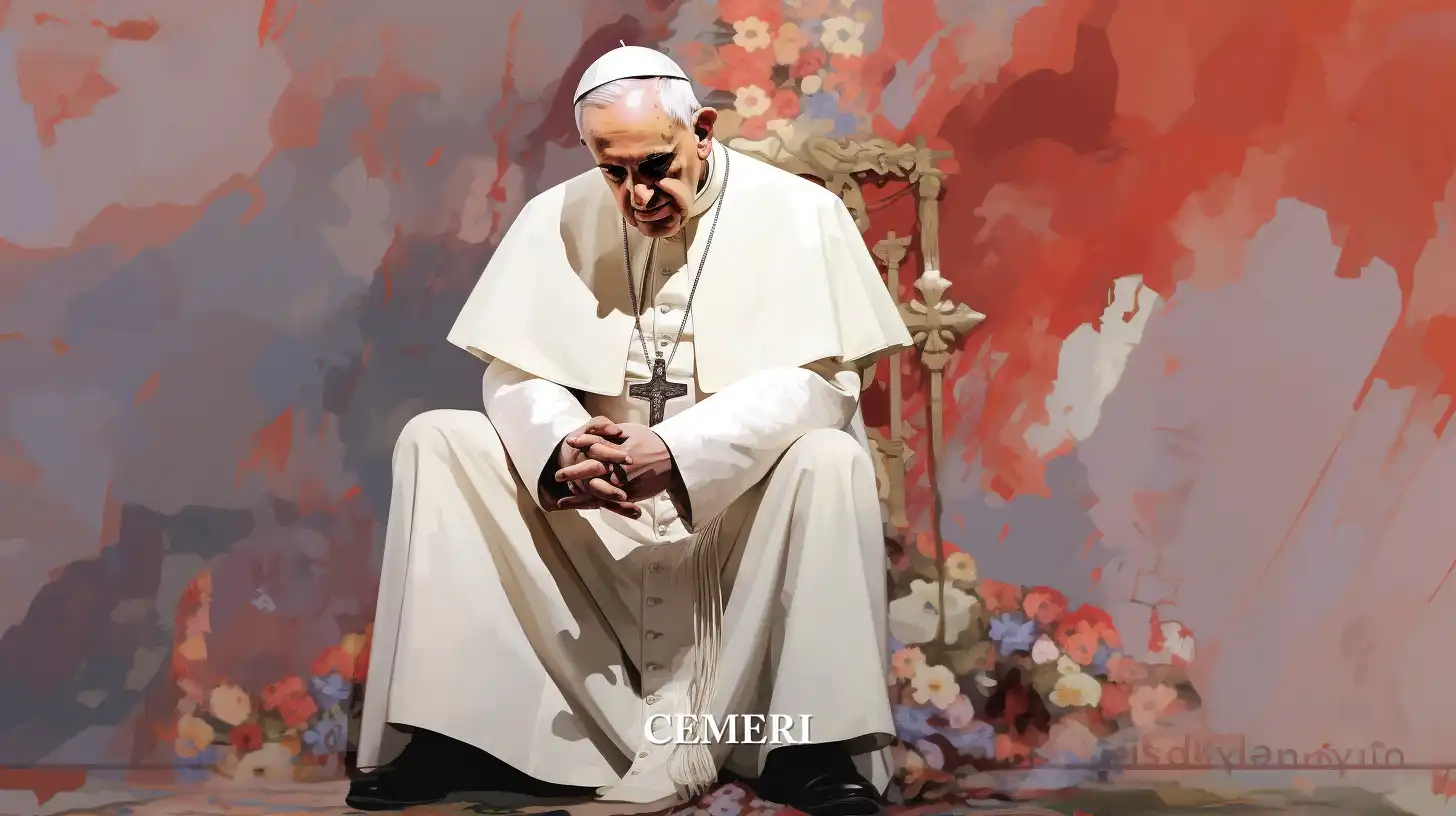Opinion
Mauricio Valentinoti Palacios S.
The extreme right in Europe after the pandemic
- The pandemic could cause an increase in the decision of the European vote in favor of the extreme right.

Many decades have passed since a young Austrian, surnamed Hitler, stopped in German taverns to repeat the anti-Semitic ideas of the nationalist groups he frequented. The consequences that his rise to power brought to Europe are well known. The problem is that today there are hundreds of people with a somewhat similar impetus involved in the European extreme right. Only now his public is not limited to people who are stationed in a bar.
Whether they are politicians, opinion leaders or even influencers, their audience is made up of millions of people from different countries around the world. Thanks to miraculous advances in technology and the internet, your messages know no borders and are received in real time. Not surprisingly, the goal of some of these individuals is to occupy enough space in the collective imagination of a territory, in order to convert their fame into votes for the political factions they defend.
What is surprising is that this strategy has been fruitful in an area that knows firsthand the pain generated by racism and xenophobia. Europe, the continent described as old, but with a relatively new population. The countries of Western Europe have reached a high degree of diversity in the last decades, due to the incessant immigration of those who seek a better life far from the place where they were born. Different nationalities, languages, religions and philosophies of life are the colors that permeate the European population landscape today.
In this melting pot, it is not surprising that, in times of crisis, those who have always insisted on pointing out what is apparently different take the opportunity to indicate that the source of the evils that afflict everyone comes from those who are different in some way. Europe, ravaged by the coronavirus pandemic and a severe economic crisis as a result, is now an ideal breeding ground for populist ideas. It is no coincidence that the following far-right political parties are already gaining more power in their respective countries.
In Portugal, the Chega! party achieved 11.9% of the vote in the recent presidential elections, dwarfing the meager 1.3% it reached in the past[[1]](https://foreignpolicy.com/2021/01/ 26/portugal-presidential-election-far-right-breakthrough-ventura-rebelo-sousa/). In France, Marine Le Pen of Le Rassemblement National, is projected to be a fierce competitor to current President Macron by 2022, with polls pointing to a 48% vote intention in his favor[[2]](https:// elpais.com/internacional/2021-02-01/marine-le-pen-acorta-distancias-con-macron-ante-las-presidencias-de-2022.html). In Italy, the Fratelli d'Italia represented by Giorgia Meloni, doubled its growth and took 15% of popular support in polls[[3]](https://www.elindependiente.com/internacional/2020/09/ 20/giorgia-meloni-there-is-life-on-the-italian-right-wing-beyond-matteo-salvini/).
In Belgium, a cornucopia of the institutions that govern the European Union, the ultranationalists of Vlaams Belang maintain 26.3% of electoral preferences, positioning themselves as the second political force in parliament[[4]](https://www. reuters.com/article/us-belgium-politics-farright-idUSKCN1SZ1NK). In Spain, Vox has been forecast to reach at least ten seats in the Catalan parliament after the February 2021 elections[[5]](https://www.aljazeera.com/features/2021/2/3/ far-right-europe-pandemic). Finally, in Germany (home country of Alternative für Deutschland and the place that probably exercises the most anti-extremist measures in the world) more than 23 thousand political crimes carried out by supporters of the extreme right were reported in 2020[[6]] (https://www.presstv.com/Detail/2021/02/05/644603/Europe-far-right-extremism-terrorism-France-Germany-).
All this shows that the European political landscape has changed in the last few years and it seems that it is far from changing. Even extremist parties can increase their level of influence on public policy. Although the 2020 pandemic caused declines in the political platform of these parties, thanks to the rejection of conspiratorial ideas about the origin of the virus, this event may not be enough to stop the new rise of the extreme right in Europe. First of all, because immigration to Europe is far from diminishing.
Secondly, because the economic crisis as a result of the pandemic will further accentuate the loss of jobs and will intensify the competition between locals and migrants, especially in more developed countries with high rates of immigration. Finally, because the leaders of the European extreme right have dedicated themselves to pointing out the errors of the current administrations with speeches, which will continue as the social and economic consequences worsen.
All this will inevitably lead to an increase in the gaze of European voters, who will ask themselves hypothetical cases of how these parties would have reacted to manage a crisis. Since, in speech, these alternatives claim to protect the "original" inhabitants of their localities against supposed "threats" from outsiders.
The reason why this issue is worrying is because it presents an ideal breeding ground for eruptions of violence against the most vulnerable social groups and minorities in Europe. All of the previously mentioned statistics are a product of this dangerous new political landscape. As these types of ideologies regain ground in European governance, the racist discourses of the most extremist members of the parties in power will be legitimized. As well as groups of people who discriminate against and harass minorities. Racial and xenophobic violence in speech, when supported by authorities or legal frameworks, can turn into physical violence against the integrity of the victims who verbally harassed. Not to mention that they jeopardize the fragile democratic stability of any society by questioning the validity of the voice and votes of those most in need.
The good news is that these groups still do not concentrate the majority of power in Europe. However, the danger of their growth lurks and is extremely worrying. Especially in the critical scenario that can occur after the 2020 pandemic. So that this does not happen and so that only the speeches of political formulas that do not violate human rights are allowed, there are several mechanisms that States can apply. For example, the prohibition of hate symbols that institutionalize discrimination in the collective imagination of their audience. In this battle of ideas, an open and interconnected society, such as Europe is to a large extent, can only win the front in favor of universal rights if it is combined with governments that guarantee the rule of law for all population. Either way, the political stage is set in Europe, be it to witness radical paradigm shifts or the strengthening of its democratic institutions.

